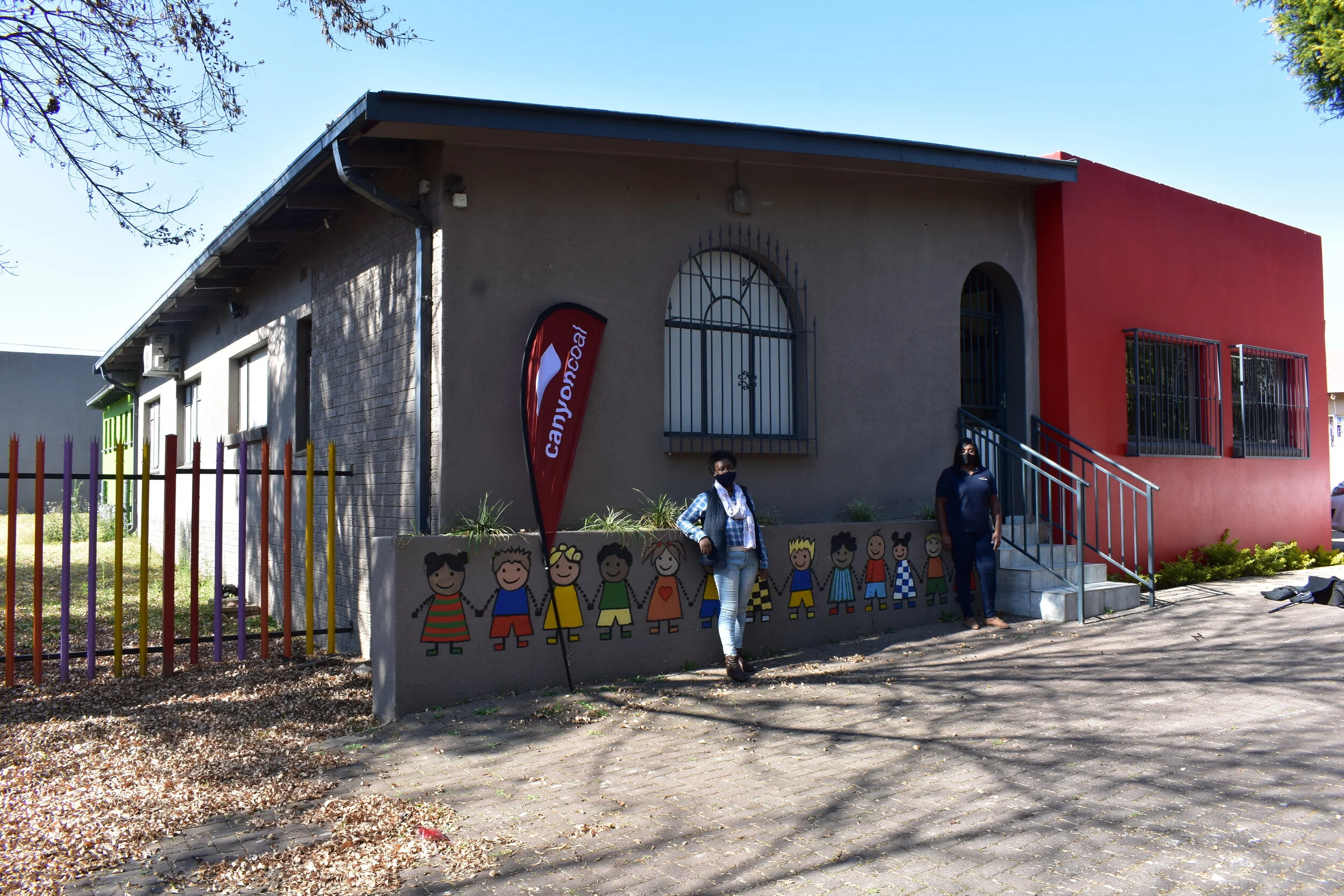Responsible water management underlies Canyon's sustainability efforts
Water is a precious resource that needs to be sustainably managed by all users, particularly in a water stressed country such as South Africa. As a growth focused and environmentally conscious mining company, Canyon Coal has put in place a host of measures to reduce water requirements across all its mining operations, and manage this precious resource responsibly at all times.
Canyon employs a team of environmental specialists which form an integral part of the projects team, responsible for developing mines and compliance on its current operations. All of the company’s operations are fully licensed, each with an approved Environmental Management Programme and Water Use License, which are audited annually.
“Monitoring on all our sites is conducted by independent specialists and samples are analysed in SANS accredited laboratories. Our policies are developed in line with legislative requirements to minimise and mitigate our environmental impact,” states Canyon Coal Group Project Manager Clifford Hallatt.
Abiding by Regulations
All of the company’s operational mines have approved Water Use Licences (WUL), issued by the Department of Water and Sanitation (DWS) in terms of the National Water Act. These WULs have very stringent conditions as imposed by the sub-directorates within DWS and are also directed by recommendations made by subject matter specialists during the compilation of the WUL applications.
Canyon Coal employees and contractors are contractually and legally bound to adhere to the conditions of the WULs, and the WUL stipulations. In depth water stewardship materials are distributed throughout the mines to instil deep water conservation and management consciousness among all members of staff. Further, the company undertakes internal and external audits to ensure compliance.
“Flow meters are installed at all locations where water is extracted or moved between facilities at operations. The volumes are recorded to, firstly, measure compliance with the WUL conditions and, secondly, monitor the company in terms of its water use,” Clifford highlights.
Canyon’s processing plants are equipped with filter presses which mechanically dewater the ultra-fine coal material using special filter mediums to exert pressure on the coal material to separate solids (filter cake) and liquids (clean water). “These presses result in the recycling of 30% to 40% of water, resulting in a great reduction in the total water use in the individual processing plants,” Clifford notes.
Moreover, Canyon mines utilise closed water reticulation systems, which ensure that no contaminated water is released from the site, instead, it is channelled and collected in pollution control dams (PCD). Clifford explains that this water is in turn used for dust suppression within the mine’s boundary and also pumped from the PCD back to the processing plants for reuse.
Inflow from ground-and-rainwater into the opencast pits are also used to supplement the water requirements at the operations, be it for dust suppression or processing requirements. “This reduces the need to source water from outside the mine boundary and thus aids in preserving surrounding water resources”.
Additionally, chemical toilets and a waterless system, are used at all Canyon sites which further reduces the overall water requirements at the company’s operations.
Clifford notes that a Sewage Treatment Plant (STP) was recently commissioned at the company’s Khanye Colliery near Bronkhorstspruit. The STP treats sewage water from the mine and discharges treated water into an adjacent wetland system. “We test the quality of the water on an ongoing basis and the results continuously exceed the acceptable discharge standards. This contributes to the overall health of the wetland system by improving the water quality and maintaining a constant flow of water,” he asserts.
Clifford emphasises that the: “Conservation, protection and sensible use of water resources is everyone’s collective responsibility. At Canyon we are very cognisant that water is an important resource that must be used sensibly and responsibly at all times.”




